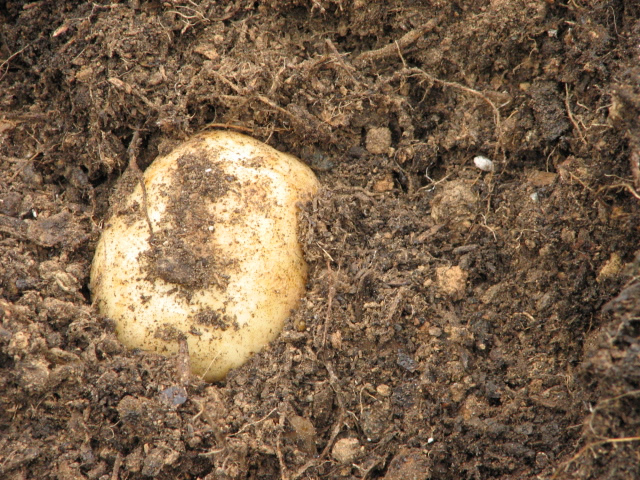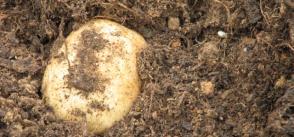
Lebanon’s chips producers turn potatoes into profit
Potatoes are a staple of Lebanese cuisine. When boiled, they are often eaten as a remedy for stomach ache. When fried, they serve as a quick and cheap meal as the filling of a sandwich or as an accompaniment to the traditional Sunday barbeque lunch.
About 20 years ago, serious contenders in locally produced potato chips, known as crisps in the UK, first entered the market. Ever since, they’ve been working hard to habituate Lebanese consumers to this globally popular snack, with positive implications for the country’s agricultural sector.
Chips’ early history
Following the end of the Lebanese Civil War in the early 1990s, 85 percent of chips consumed in Lebanon were imported, according to Hachem El Koussa, president and general director of MALCO Holding, which owns Fantasia chips and Pain D’Or.
While there were 18 local chips producers back then, they were either small or medium sized productions and, according to Koussa, operated below the basic standards of hygiene, quality and after production care. “The local variety of chips back then were very badly produced, in that they were too oily and used poor quality potatoes. They were also treated carelessly in terms of packaging and shelf display,” he says.
[Full article here | Photo by Doug Noon]







